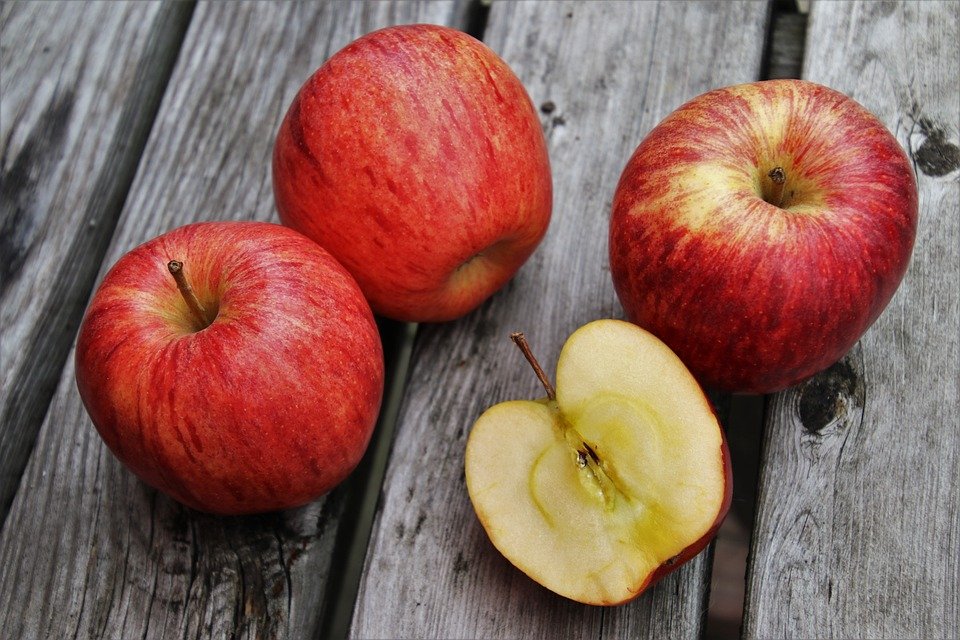The Gut-Brain Connection: How Nutrition Affects Digestive Health and Mental Well-being
The gut-brain connection is a complex and fascinating link between our digestive system and brain that plays a crucial role in our overall health and well-being. Research has shown that the health of our gut can have a significant impact on our mental health, mood, and cognitive function. In this article, we will explore how nutrition affects digestive health and mental well-being, and how we can optimize our diet to support a healthy gut-brain connection.
The gut-brain connection is a bidirectional communication network that involves the central nervous system (CNS) and the enteric nervous system (ENS), which is often referred to as the “second brain.” The ENS consists of a complex network of neurons that control the function of the gastrointestinal tract and communicate with the CNS through the vagus nerve. This communication network allows the gut to influence our emotions, thoughts, and behavior, and vice versa.
Nutrition plays a critical role in maintaining a healthy gut-brain connection. The foods we eat can either promote or disrupt the balance of beneficial bacteria in our gut, known as the gut microbiota. These bacteria play a key role in digestion, metabolism, and immune function, and have been linked to mental health disorders such as anxiety and depression.
One of the most important factors in maintaining a healthy gut microbiota is the diversity of the bacteria present in our gut. A diet high in fiber and plant-based foods can promote the growth of beneficial bacteria and improve gut health. On the other hand, a diet high in processed foods, sugar, and unhealthy fats can disrupt the balance of bacteria in the gut and contribute to inflammation and digestive issues.
In addition to promoting a healthy gut microbiota, certain nutrients have been shown to have a direct impact on mental health and cognitive function. For example, omega-3 fatty acids found in fatty fish, flaxseeds, and walnuts have been linked to a reduced risk of depression and improved mood. B vitamins, such as folate and vitamin B12, are important for neurotransmitter production and can help support a healthy nervous system.
Probiotics, which are live bacteria and yeasts that are beneficial for gut health, have also been shown to have a positive impact on mental well-being. Research has suggested that probiotics may help reduce symptoms of anxiety and depression, as well as improve cognitive function.
FAQs:
Q: What are some foods that promote a healthy gut-brain connection?
A: Foods that are high in fiber, such as fruits, vegetables, whole grains, and legumes, can promote a healthy gut microbiota. Fermented foods, such as yogurt, kefir, sauerkraut, and kimchi, are also rich in beneficial bacteria and can support gut health.
Q: Are there any foods that can disrupt the gut-brain connection?
A: Processed foods, sugar, artificial sweeteners, unhealthy fats, and alcohol can disrupt the balance of bacteria in the gut and contribute to inflammation and digestive issues. It is important to limit these foods in your diet and focus on whole, nutrient-dense foods instead.
Q: Can I take supplements to support my gut-brain connection?
A: While supplements can be helpful in some cases, it is best to focus on obtaining nutrients from whole foods whenever possible. If you are considering taking probiotics or other supplements, it is important to consult with a healthcare provider to determine the best approach for your individual needs.
In conclusion, the gut-brain connection is a vital link between our digestive system and brain that plays a key role in our overall health and well-being. By focusing on a diet rich in fiber, plant-based foods, omega-3 fatty acids, and probiotics, we can support a healthy gut microbiota and promote mental well-being. It is important to be mindful of the foods we eat and their impact on our gut-brain connection, as it can have a profound effect on our physical and mental health.


